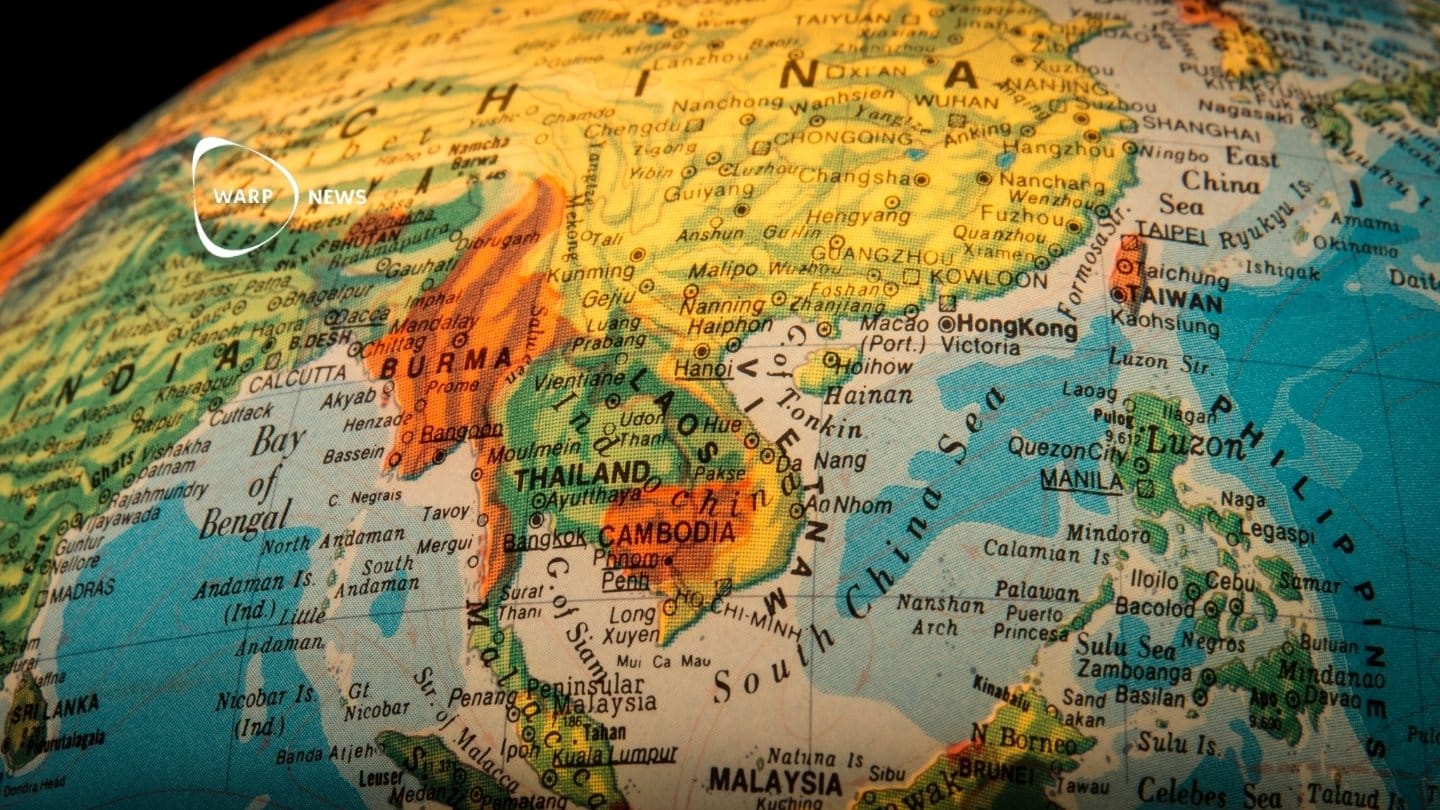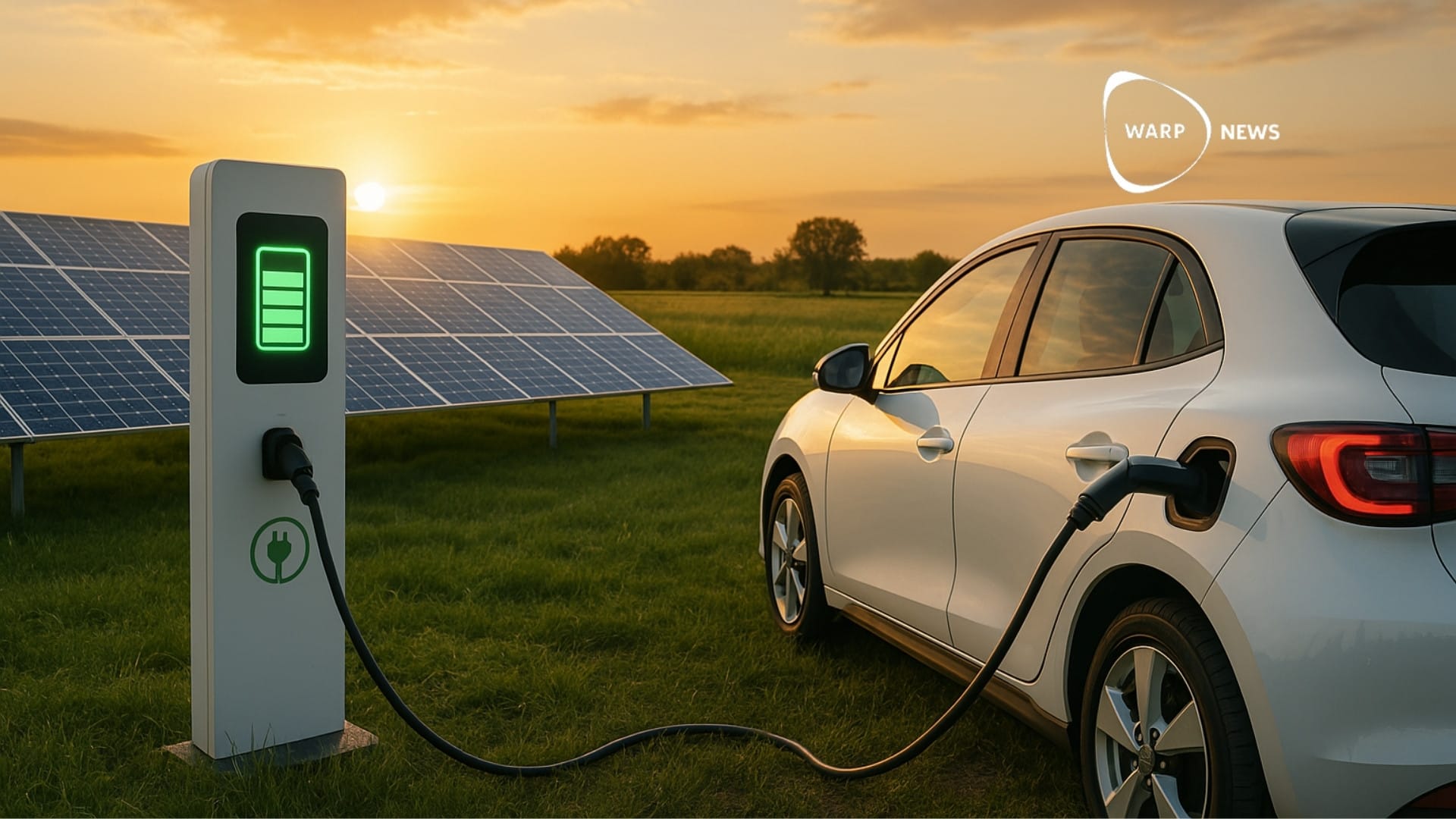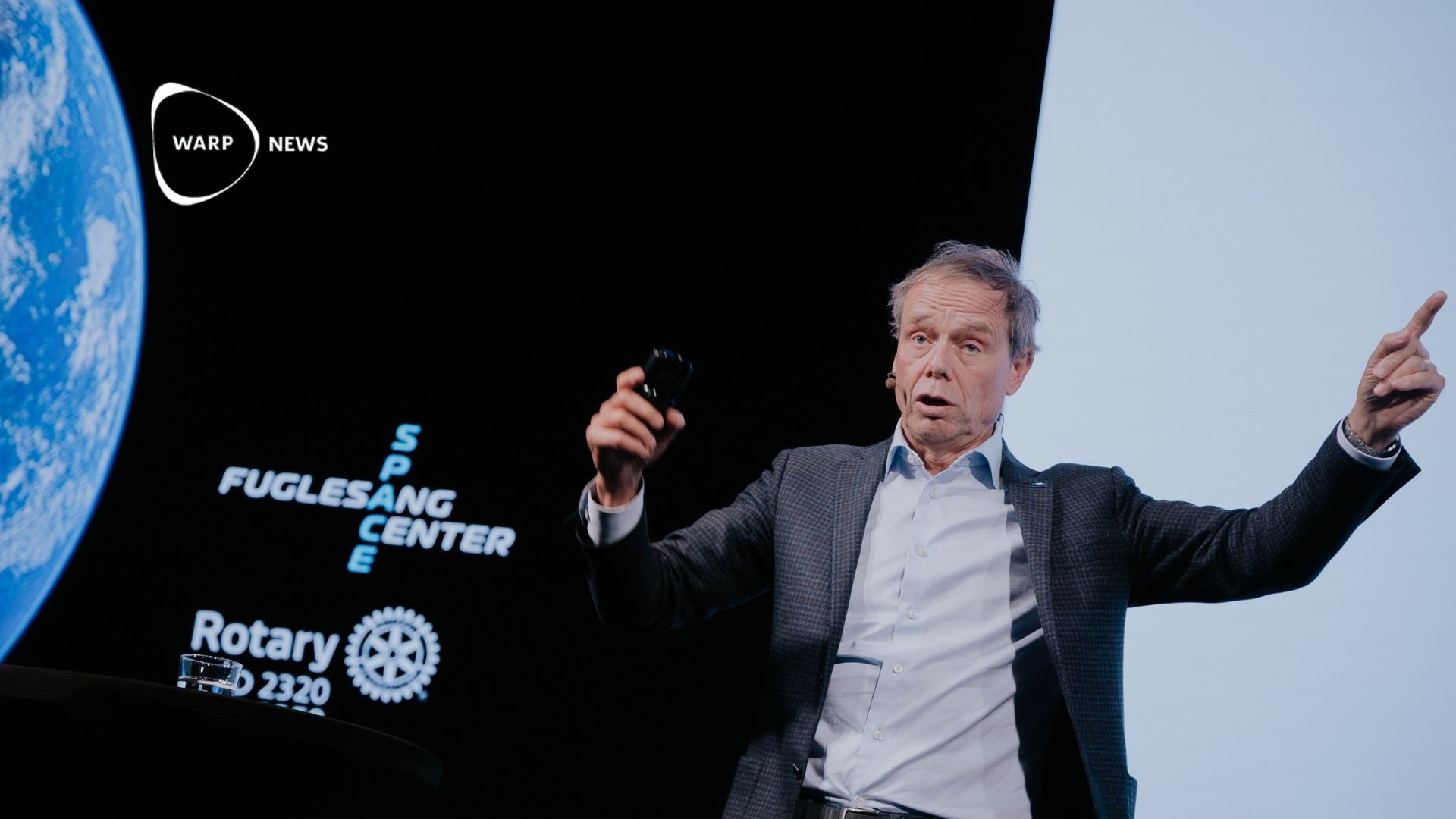
☂️ An astronaut proposes a climate insurance: A space parasol
A space parasol to reduce the influx from the sun, as a plan B, in case plan A doesn't work.
Share this story!
We have time to transition to address climate change before it has severe consequences. Not to say we can rest easy, the pace of transition needs to accelerate. But what if the transition is too slow, or the current climate models are incorrect and the temperature suddenly rises faster than expected?
That's when a Plan B is necessary, according to Christer Fuglesang and John Hassler, professors in space flight and economics respectively. Fuglesang is also an astronaut and the first Swede in space (as well as a Warp Premium Supporter).
They presented this idea three years ago, and have since then been working on the details.
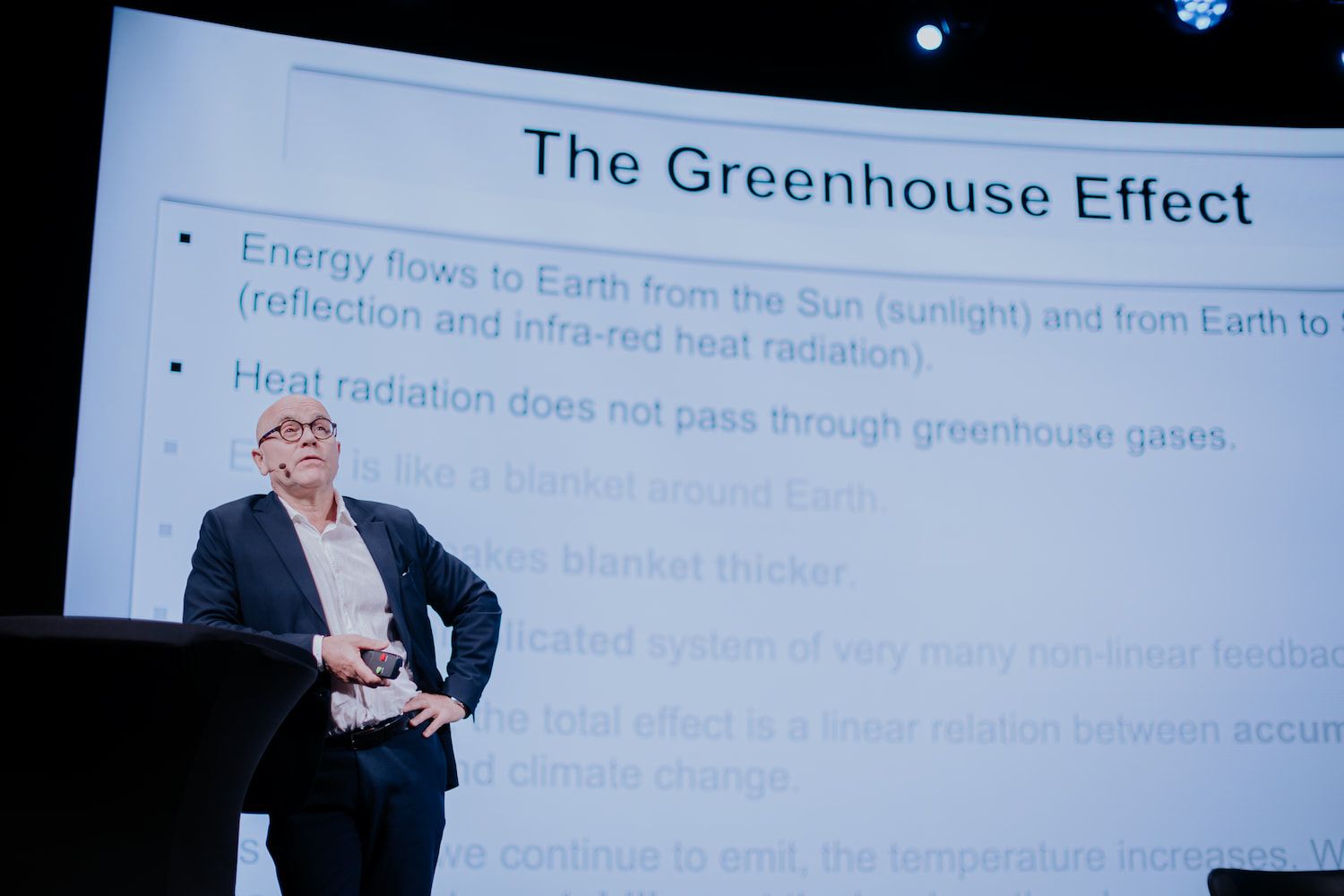
At the conference Insure the Climate, organized by Fuglesang Space Center in collaboration with Rotary, they expanded on their thoughts.
The temperature increase on Earth is due to the rise in the amount of carbon dioxide and other greenhouse gases in the atmosphere. The blanket has become thicker, as John Hassler puts it. A thicker blanket means less heat can escape Earth, making it warmer.
If we, as mentioned, don't manage to fix the blanket in time, we could instead shade the sun slightly and reduce the influx of sunlight. Less sunlight means less heat and lower temperature.
Okay, how do you shade the sun? With a space umbrella!
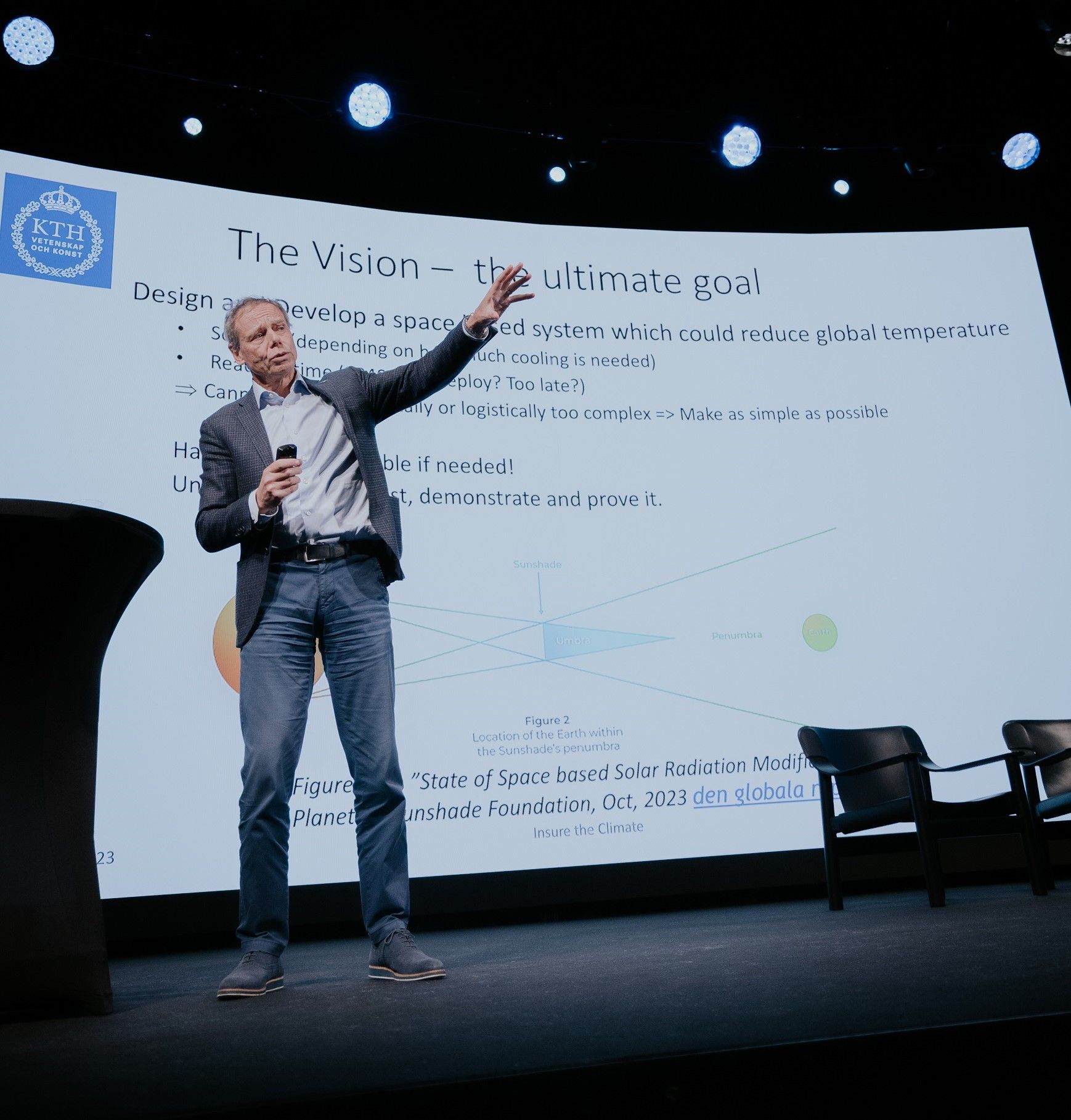
Or more accurately, a gigantic solar sail composed of tens of thousands of small solar sails.
It is placed at the Lagrange point, L1, a hundredth of the way to the sun, about four times the distance from Earth to the Moon. At this point, the gravitational forces from the sun, Earth, and the Moon balance out. If the umbrellas are placed here, they can follow Earth's orbit around the sun with minimal control forces and continuously provide the desired shading for Earth.
From Earth, the umbrellas would not be visible to the naked eye and would not cast any noticeable shadow.
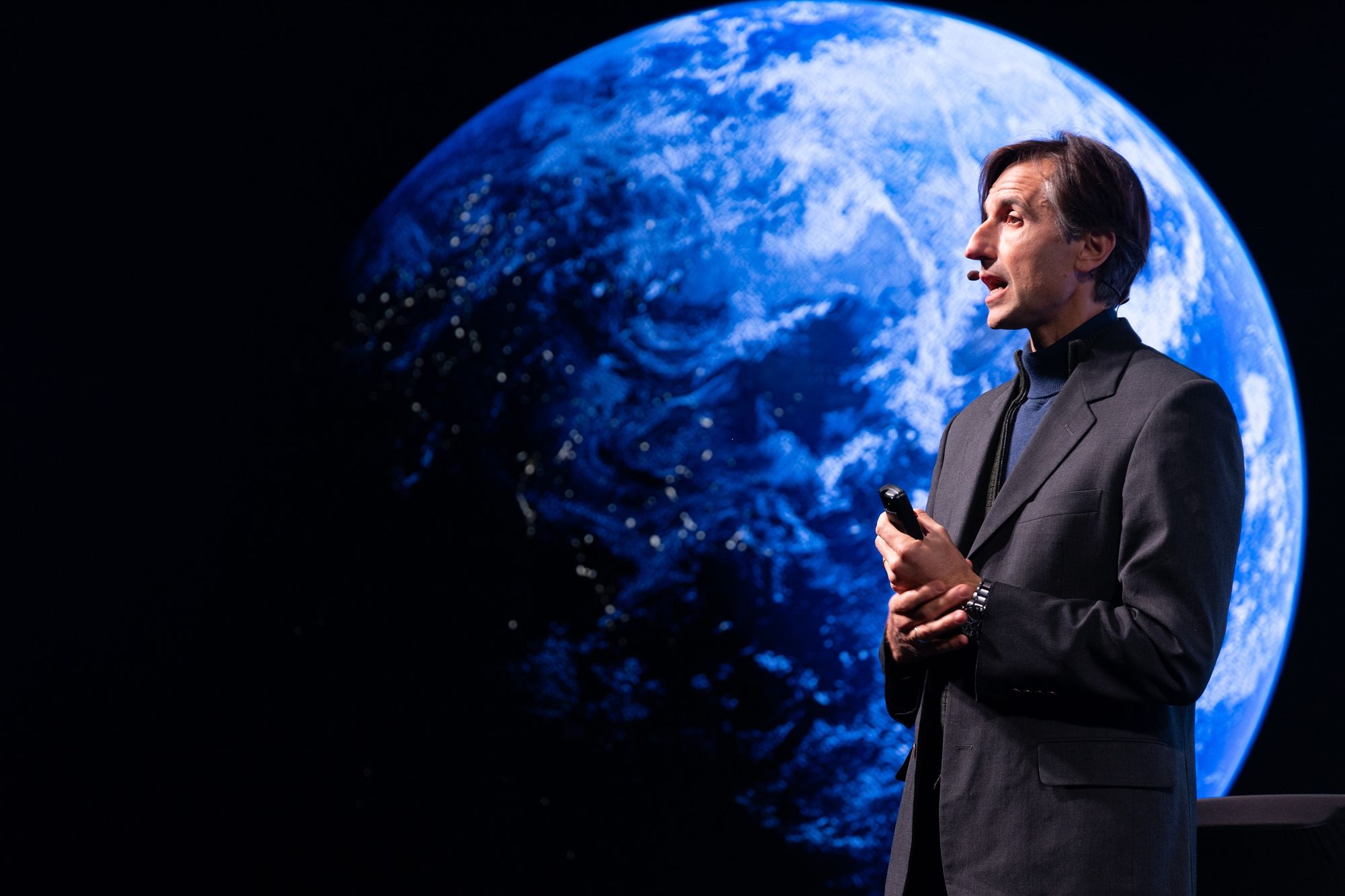
At the conference, Fuglesang demonstrated how he elaborated on the proposal, for instance with a more precise placement at L1 and what materials the space umbrella could be made of. Also presenting was an Italian professor, Marcello Romano, who has worked with solar sails among other things.
Is it expensive?
John Hassler got involved when Christer Fugelsang called him a few years ago, after having come up with the idea and made an initial cost estimate. He landed on 3-5 trillion dollars.
"Is that a lot?", Fuglesang asked when he reached Hassler on the phone.
"No", Hassler replied.
It is indeed a lot of money, but not spread out over 20 years and in relation to 100 trillion dollars in global annual GDP.
We have previously described the concept in this Optimist's Edge article:
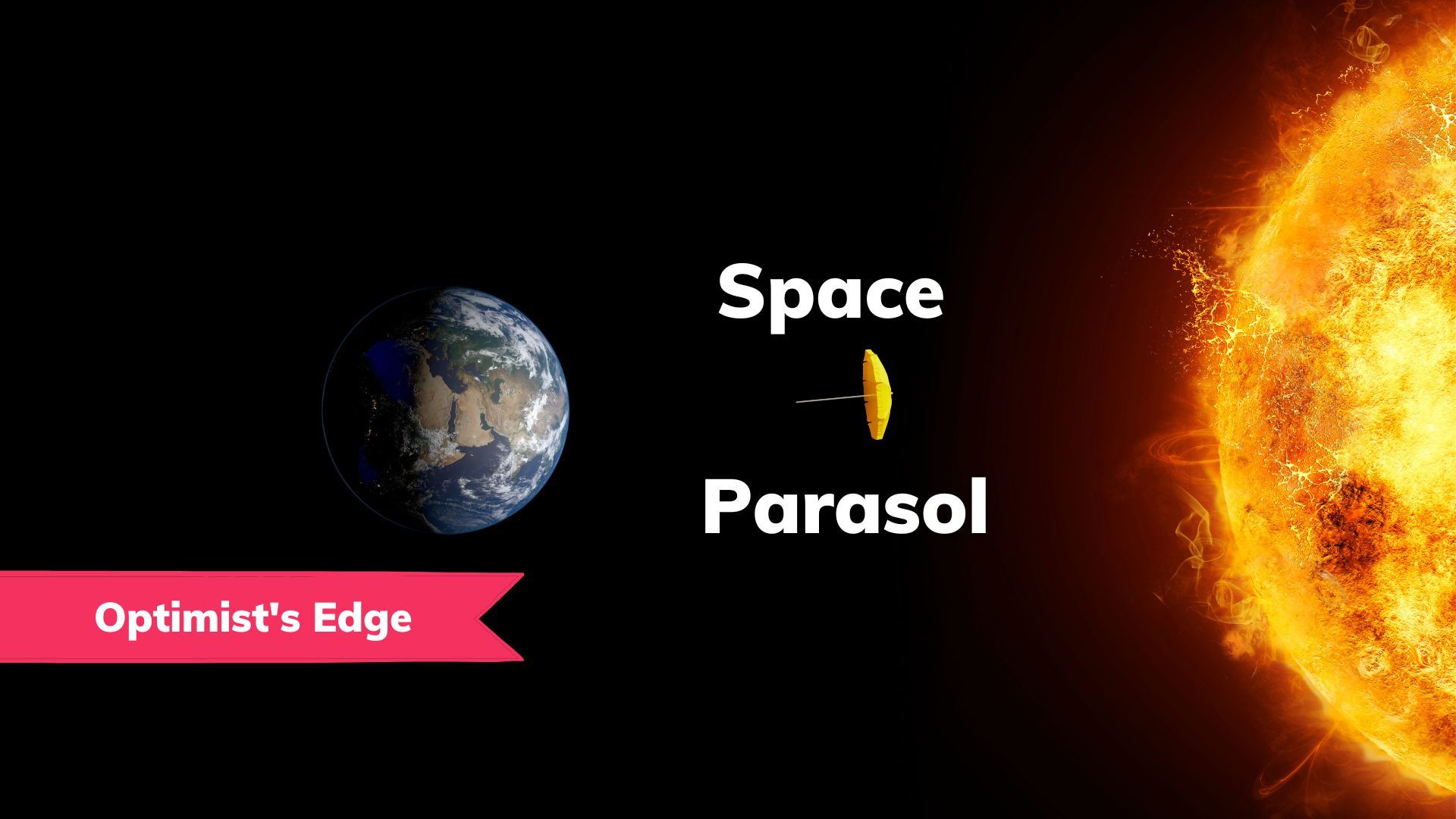
A basic prerequisite for implementing the idea is decreasing costs for space launches. This too, we have covered in a previous article:
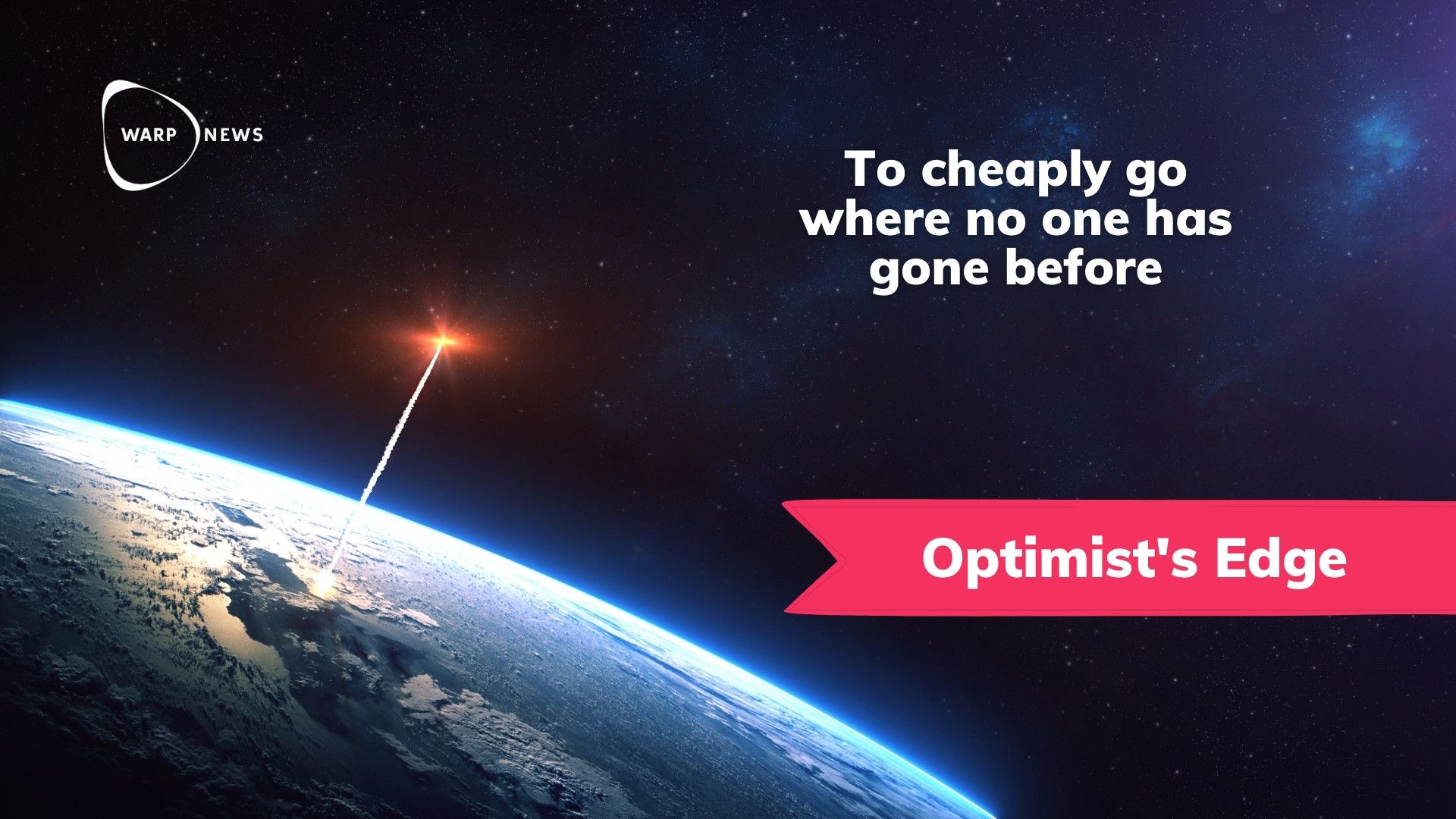
This is precisely why we will solve climate change
As I sat there at the conference, I was fascinated by humanity.
Christer Fuglesang came up with the idea of a space umbrella while reading a book on physics. As an astronaut and professor of space flight, his mind naturally gravitated towards space. But he's not alone. Several others have had the same idea, with some variations. Research is ongoing in various places around the world. Fuglesang's students have elaborated and developed the idea. John Hassler, with his deep knowledge of climate and economics, contributes his perspective.
This is why we humans are phenomenal at solving problems and innovating. The mix of knowledge, ideas, and perspectives is extremely powerful. Especially when we have a clear goal and, preferably, a time crunch. That's when we develop new vaccines in record time, or land on the moon.
Exactly what we can achieve with Warp Levels:
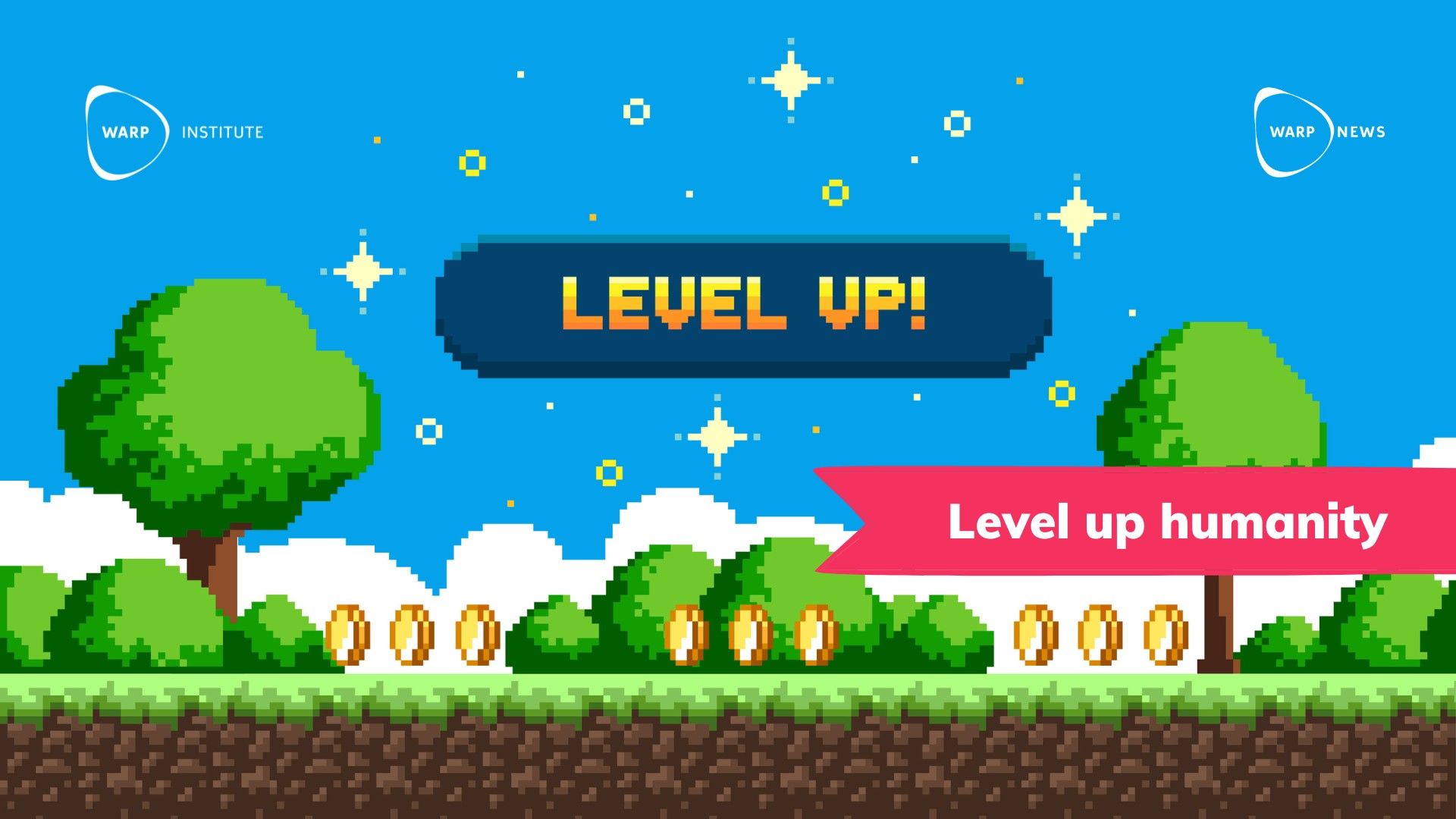
We decide what the next level for humanity should be. It gives us a shared goal to work towards. A bar to jump over. With Warp Levels, we know what it takes to level up humanity.
Mathias Sundin
The Angry Optimist
By becoming a premium supporter, you help in the creation and sharing of fact-based optimistic news all over the world.

